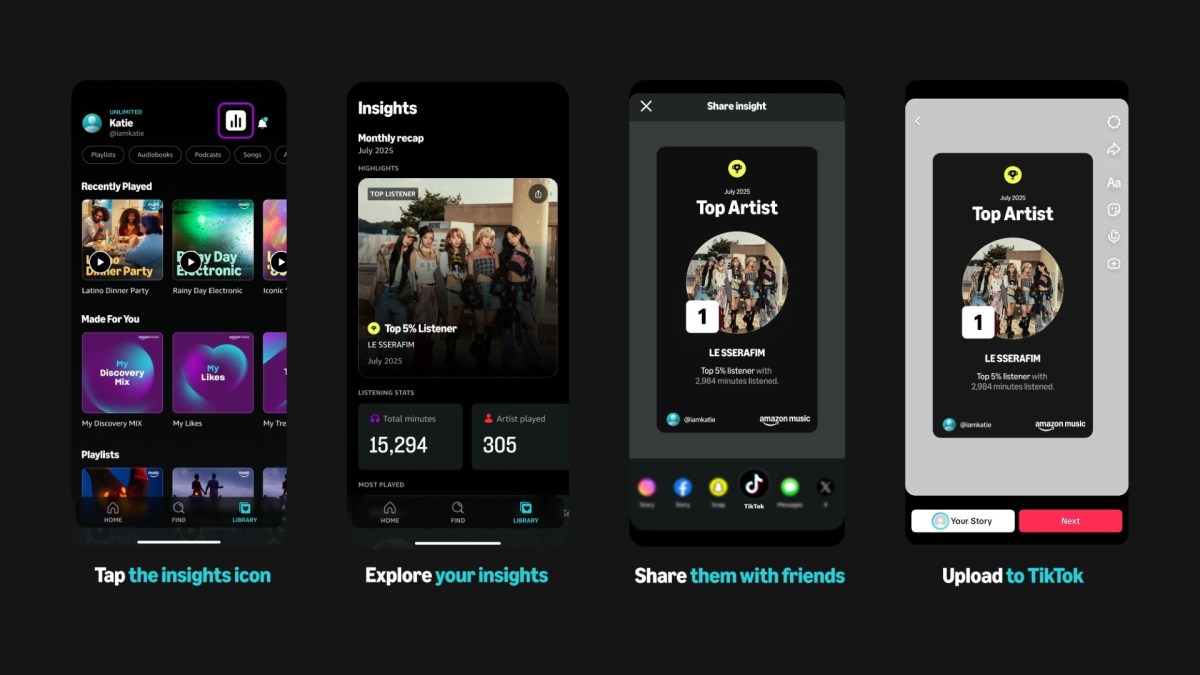Last year, Meta estimated that 10% of its total annual revenue — $16 billion — would come from fraudulent ads on its apps, according to a report From Reuters.
Documents obtained by Reuters also show that for three years, Meta failed to protect its users from ads promoting illegal gambling, investment schemes and banned medical products. These fraudulent advertisements intend to offer a product or service that is not actually genuine, and may be intended to solicit payment from less savvy users.

Meta has a system in place to detect when an ad campaign is likely to be a scam, but the company only deactivates an advertiser’s account if it is 95% sure the advertiser is fraudulent. Otherwise, Meta will charge more money to advertisers it suspects are fraudulent to discourage them from buying more ads — but when those advertisers follow through anyway, it hurts Meta’s bottom line.
TechCrunch contacted Meta for comment, but did not receive a response prior to publication. According to the Reuters report, Meta spokesperson Andy Stone claimed that the documents used by Reuters “present a selective view that distorts Meta’s approach to fraud and scams.”
Stone said that over the past 18 months, Meta has reduced user reports of scam ads by 58%, and the company has removed more than 134 million scam ads from its platforms.











